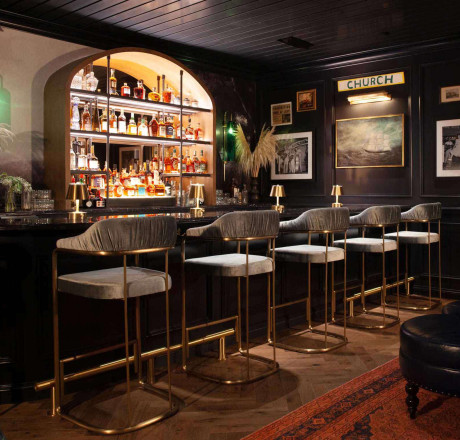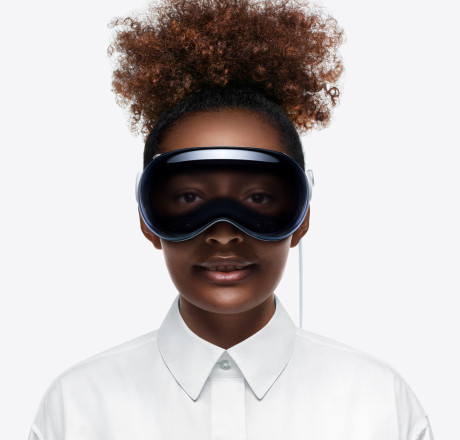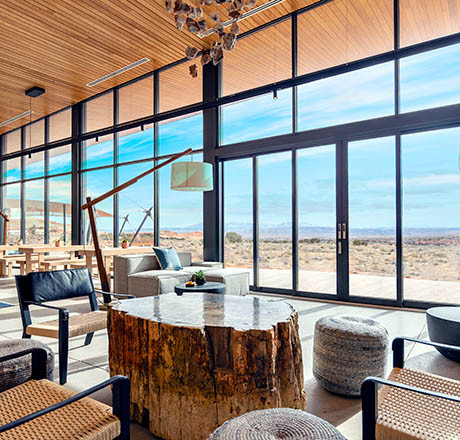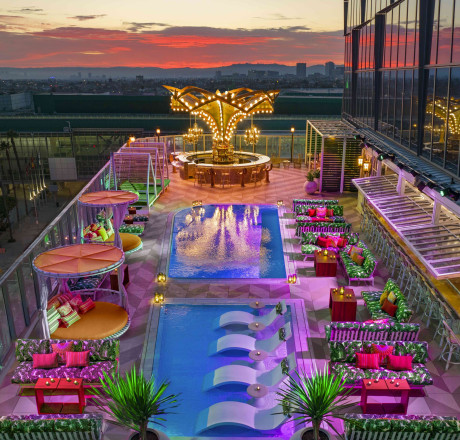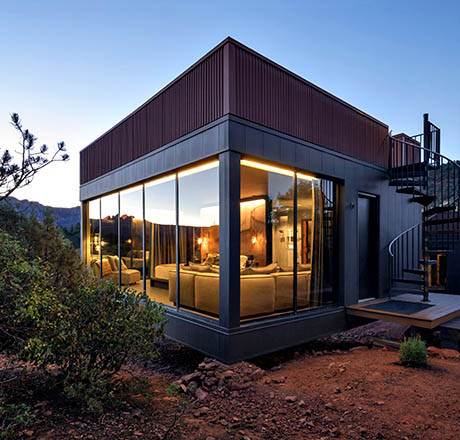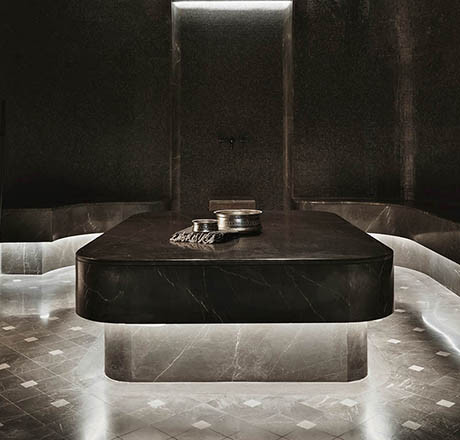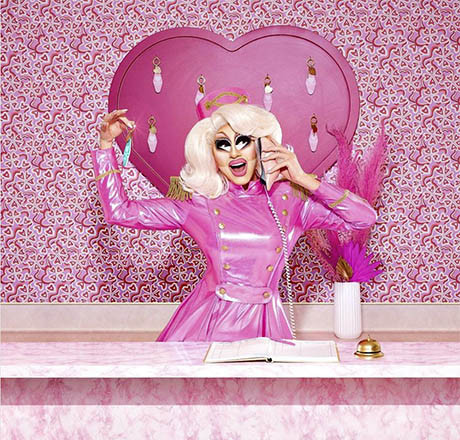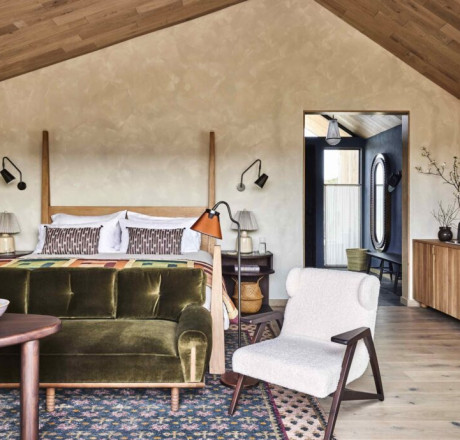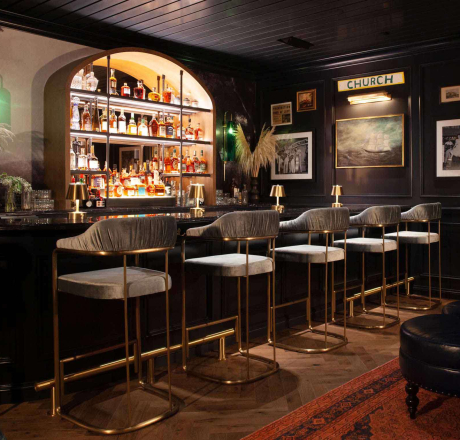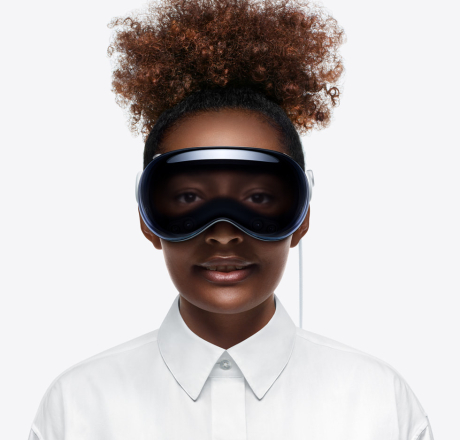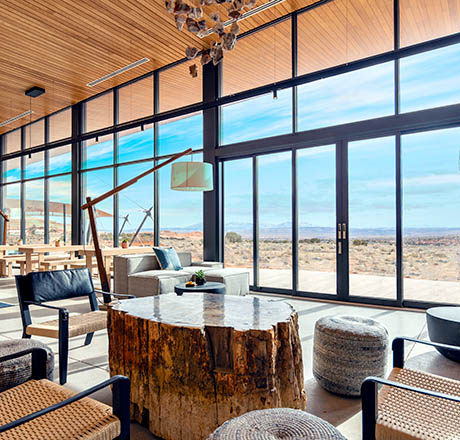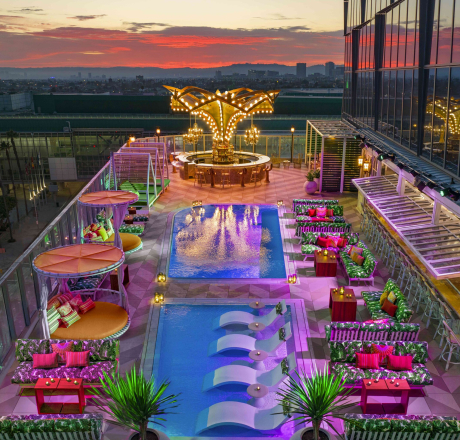United States of America
United States of America
Girl Power
It took McLachlan three years, but in 1997 the Vancouver songwriter proved her point. Her concept was simple: invite a diverse range of musicians, book venues, sell tickets and entertain the crowd. It was the same approach used by every other music festival going around at the time, but with one major difference: every artist on the bill would be a female singer or a band fronted by a woman. Lilith Fair, named after Adam’s first wife in Jewish mythology (the one who left him when he refused to treat her as an equal), was born.
At the time, McLachlan and her management team put together a wish list. The singer contacted friends and those she already knew, and her team reached out to the rest. In the end, 90 per cent of the artists they approached said yes. “The few we didn’t get were either in the studio or had been touring for a very long time and needed a break,” McLachlan said in an interview at the time. “We gave each artist the time and freedom to join the tour for however long they wanted, so the artists themselves determined how the bill ended up.”
On 5 July 1997, Lilith Fair kicked off in George, Washington. There were three stages – the smallest of which featured acts who’d only played a few gigs to that point (among the artists who appeared on it were Beth Orton and Dido) – and about 20,000 punters at each show. Headlining all 35 dates were McLachlan and Suzanne Vega; along the way they were joined by Sheryl Crow, Tracy Chapman, Jewel, Fiona Apple, Emmylou Harris and just about every other female singer who was playing music in North America at the time. The tour racked up US$16 million in ticket sales and became the top-grossing festival of the year. As well as top tunes, each show featured a village area, where retailers and non-profits, like Planned Parenthood, could set up stalls, and a dollar from each ticket sold was donated to local charities.
Buoyed by the response from the first tour, Lilith came back in 1998 bigger than ever, adding the likes of Liz Phair, Bonnie Raitt, Queen Latifah and Missy Elliott to the bill. “This is the best tour, man, and it’s all women,” said Queen Latifah during the festival. “I wanted to do this because I was excited about playing to a different audience than I might normally play to at a hip-hop show. The vibes are right.”
McLachlan had only ever signed on for three years of the festival and, after its 1999 iteration, she decided to give it a break despite success that not only manifested itself in ticket sales – about one and a half million people went to the festival during the three years – but also by putting competition winners in front of huge crowds, giving emerging artists exposure that secured record deals and by donating $10 million to various charities.
“We’re all well into our 30s now, and we’ve decided we want to have babies,” said McLachlan at a press conference in 1999. “This will be the last year for a good, long while. It could be three years, it could be 10 years, it could be forever.”
It would be 2010 before Lilith made a comeback, but it could never replicate the same success. Dates were cancelled when ticket sales were slow, and there was some harsh criticism from bloggers then the music press who labelled it feminist flag-waving in an era when women like Kelly Clarkson, Rihanna and Ke$ha were already topping the charts. “Unfortunately, most of the media seems to just glom onto anything negative,” McLachlan told NPR when it hit the fan. “And that’s all they talk about. And they go searching for it.”
It may, however, not be the last we hear of the female-friendly festival. Just last year the sisters from Haim said they wanted to launch their own Lilith Fair-style gig. At the New Yorker Festival, Este Haim listed her dream line-up of Lorde, Florence and the Machine, Savages, Chvrches, Taylor Swift and her band’s own mentor Jenny Lewis. “I did see Melissa Etheridge in concert, I saw Sarah McLachlan in concert, I saw Paula Cole in concert, and Sheryl Crow. All these amazing ladies had such an amazing outlet and place to play music, and it was really beautiful and I feel like that’s not available any more… We talk semi-jokingly but semi-seriously about making it happen. So stay tuned. I think it would be really magical.”
Words Carrie Hutchinson
Photos Carrie Hutchinson
Tags: All female music festival, Lilith Fair, Sarah McLachlan, united states of america, usa
 (
(






